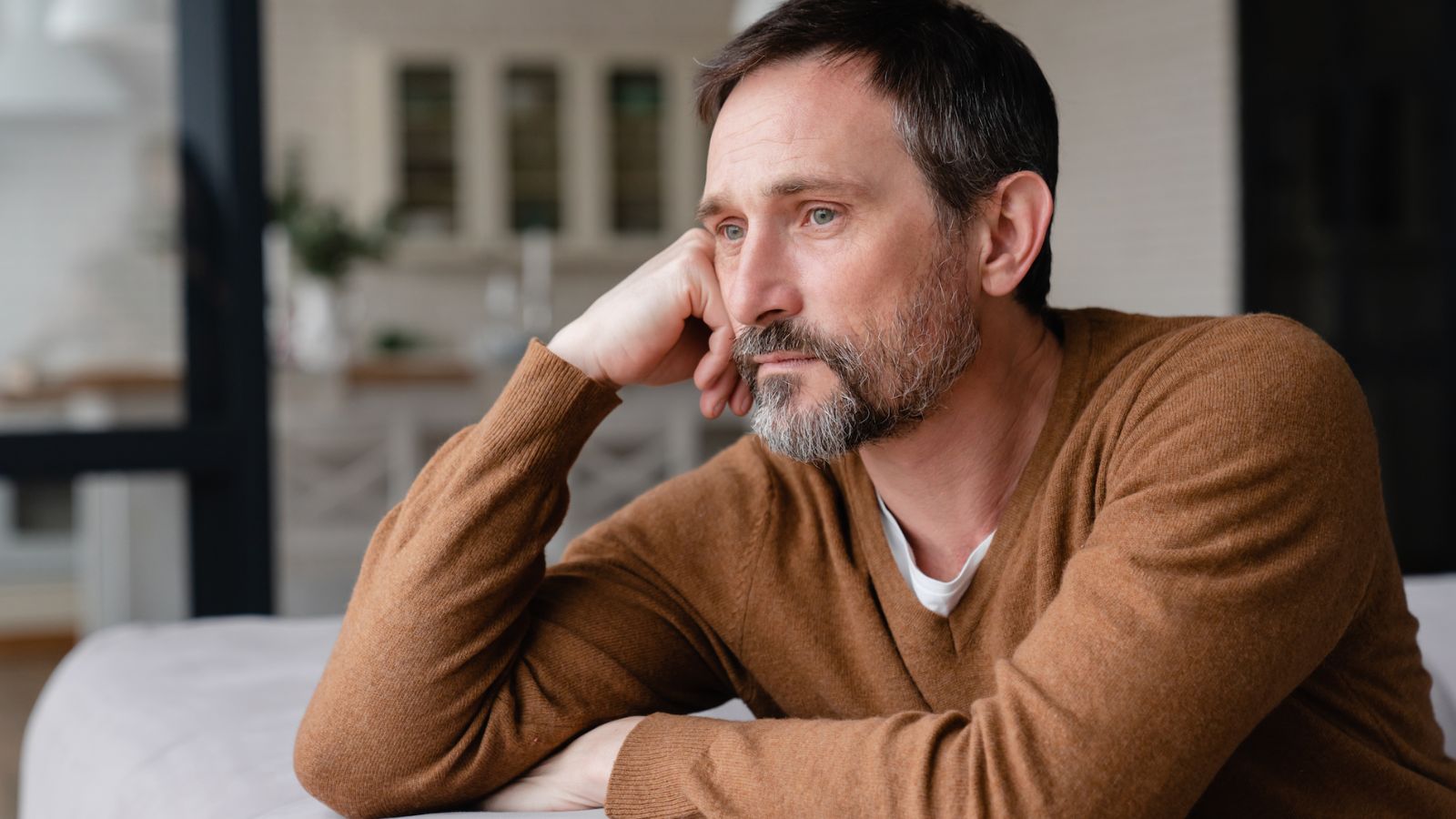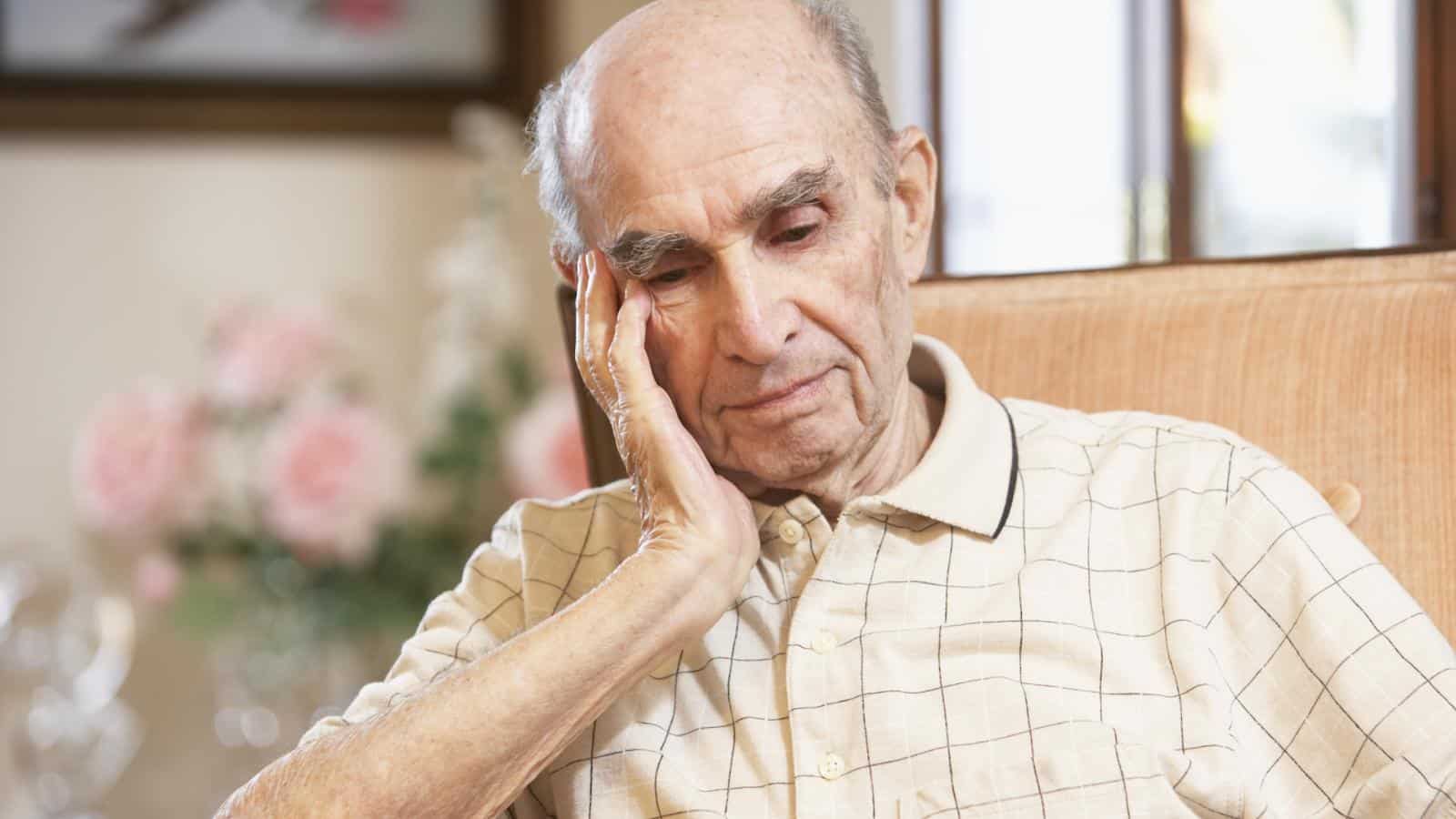Aging is a part of life’s journey marked by profound changes and invaluable experiences. As men age, they encounter many changes that demand attention and adaptation. From physical health concerns to shifts in relationships and existential reflections, this article will delve into areas that challenge aging men to cope.
Health Issues

As men age, they face various health concerns that demand attention. According to the WHO, the risk of diseases such as heart disease, hypertension, erectile dysfunction, osteoarthritis, diabetes, dementia, and stroke increases with aging. This necessitates proactive measures such as regular exercise and a balanced diet.
Loss of Libido

Decreased libido is a common issue for older men, impacting both individual well-being and intimate relationships. It challenges notions of masculinity and vitality, and men may feel ashamed or inadequate, causing reluctance to seek help. Addressing this taboo issue requires open communication, understanding partners, and access to appropriate healthcare interventions for holistic well-being.
Hair Loss

Hair loss is a common issue for aging men, often manifesting as thinning hair and receding hairlines, which can significantly impact self-esteem. While there are treatments available, such as medication and hair transplant surgery, coping strategies involve embracing one’s changing appearance and exploring options like styling techniques or accepting baldness gracefully.
Erectile Dysfunction

Men have an increased risk of erectile dysfunction as they age, and this can profoundly affect their confidence and relationships. It undermines sexual satisfaction and may trigger anxiety or depression. Discussing it can be difficult due to societal expectations of virility. Seeking medical advice and exploring treatment options can alleviate its emotional and physical toll.
Social Isolation

Social isolation is a significant concern for older men, particularly those who may be retired or living alone. Engaging in social activities, volunteering, and joining community groups can help combat loneliness and foster connections with others. Additionally, utilizing technology to stay connected with friends and family can bridge geographical barriers and provide social support.
Weight Gain

According to WebMD, metabolism slows with age, increasing the risk of weight gain. This condition not only affects physical health but also undermines self-image and confidence. Combating weight gain through exercise, dietary adjustments, and healthy habits becomes crucial for overall well-being and longevity.
Joint Pain

Arthritis presents a formidable challenge for aging men, causing joint pain, stiffness, and reduced mobility. It impedes daily activities, affecting independence and quality of life. Men may resist acknowledging its impact, fearing a loss of masculinity. However, managing arthritis through medication, therapy, and lifestyle modifications can alleviate symptoms and enhance functionality.
Prostate Health

Prostate health has become a sensitive issue for aging men, with concerns ranging from benign prostatic hyperplasia (BPH) to prostate cancer. Symptoms like urinary problems and sexual dysfunction can disrupt daily life and intimate relationships. Despite reluctance to address it, regular screenings and lifestyle adjustments are essential for early detection and management, preserving overall health.
Mental Health Challenges

According to Beyond Blue, older men are at higher risk of experiencing depression and anxiety due to health issues and other factors like retirement, loss, and social isolation. The stigma surrounding seeking help may deter them from addressing these issues. However, prioritizing mental well-being through therapy, support networks, and self-care practices is crucial for a fulfilling and balanced life.
Sleep Problems

Insomnia and other sleep disturbances become more prevalent with age, impacting overall health and well-being. Establishing a bedtime routine, creating a comfortable sleep environment, and limiting caffeine and screen time before bed can promote better sleep. Additionally, seeking treatment for underlying sleep disorders is crucial for improving sleep quality.
Changes in Appearance

As men age, they experience changes in their physical appearance, including graying hair, wrinkles, and age spots that can evoke feelings of insecurity and a loss of youthful vitality. Embracing these changes as a natural part of the aging process can promote self-acceptance. Skincare routines and grooming techniques can also help you feel more comfortable and confident.
Digestive Problems

Digestive problems, such as acid reflux and constipation, become more prevalent and bothersome for aging men. These issues disrupt daily comfort and dietary enjoyment, leading to embarrassment and social withdrawal. Despite reluctance to discuss it, seeking medical guidance and making dietary modifications and lifestyle changes can alleviate symptoms and improve digestive health.
Loss of Independence

Loss of independence can be a daunting prospect for aging men, impacting their sense of autonomy and self-worth. Whether it is as a result of poor health or caregiving needs, reliance on others can evoke feelings of inadequacy and loss of control. Planning for long-term care options, such as assisted living or home care services, in addition to maintaining physical and mental health, can help preserve independence while ensuring safety and support.
Vision Changes

Vision changes pose a significant concern for aging men, affecting daily tasks and overall quality of life. Conditions like presbyopia, cataracts, and age-related macular degeneration can impair sight, leading to frustration and dependency. Despite reluctance to acknowledge it, regular eye exams, corrective measures, and adaptive strategies are essential for maintaining independence and visual health.
Identity and Purpose

As men age, confronting shifts in identity and purpose can be unsettling. Retirement, loss of career roles, or children leaving home may trigger feelings of aimlessness and existential questioning. Rediscovering passions, seeking new challenges, and nurturing relationships can help redefine identity and foster a sense of fulfillment in the later stages of life.
Cognitive Decline

As men age, they may face cognitive decline, including memory loss, difficulty focusing, and challenges in problem-solving. This aspect of aging can be particularly distressing, as it impacts one’s ability to live independently and maintain a sense of identity. Engaging in social activities like game nights and maintaining a healthy lifestyle are some of the ways men can delay cognitive decline.
Changing Family Dynamics

Aging men often experience changes in family dynamics such as becoming a grandparent, the passing of peers and older family members, or changes in the role within their immediate family as adult children grow and become more independent. These transitions can cause feelings of loss, but also of pride and joy in the new generations.
